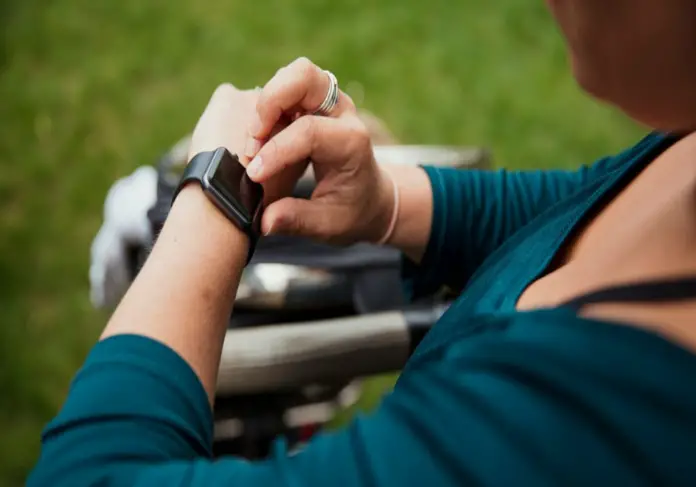Smartwatches are multifunctional devices widely used and valued by fitness enthusiasts, but a recent study suggests they may have an unexpected benefit.
Recent research conducted in the UK has uncovered a potential link between smartwatches and early diagnosis of Parkinson’s disease, a neurological disorder characterized by involuntary movements.
According to BBC, the UK Dementia Research Institute team at Cardiff University employed artificial intelligence techniques to analyze data from over 100,000 smartwatch wearers.
The study focused on tracking users’ movement speed over a specific week period between 2013 and 2016. The data collected through this analysis proved valuable in predicting individuals who might develop Parkinson’s disease.
The research findings have raised hopes that smartwatches could potentially serve as screening tools for early detection and prevention of illnesses.
However, before smartwatches can be effectively utilized for screening purposes, additional studies from various regions across the globe are required to assess the accuracy of the diagnosis, as mentioned by researchers cited in the journal Nature Medicine.
It is important to note that Parkinson’s disease involves progressive damage to the brain over several years.
Symptoms of Parkinson’s disease include involuntary shaking or tremors, slow movement, and stiff and inflexible muscles. Unfortunately, a significant challenge faced by both doctors and patients is that the diagnosis often occurs late, when it may be too late for effective treatment.
According to Dr. Cynthia Sandor, the lead researcher of the study, there is potential for using smartwatches as a cost-effective and reliable method for identifying early-stage Parkinson’s disease. Since approximately 30% of the UK population wears smartwatches, they can provide valuable data that can predict the onset of Parkinson’s disease up to seven years in advance.
These findings have the potential to contribute to the development of a valuable screening tool for early detection of Parkinson’s disease.
Dr. Kathryn Peall, another researcher involved in the study, explained to BBC News that smartwatches showed promise in effectively distinguishing between Parkinson’s disease and other factors such as natural aging.
“Our model was compared across various disorders, including different types of neurodegenerative disorders, individuals with osteoarthritis, and other movement disorders, among others. The advantage of working with a dataset like the UK Biobank allowed us to make these comparisons,” she stated.
The implications of these findings are significant, not only for research purposes to enhance recruitment for clinical trials but also for clinical practice. Early detection through smartwatch screening could potentially enable patients to access treatments at earlier stages, especially in the future when such treatments become available.
The results obtained from individuals diagnosed with Parkinson’s disease were notably distinct.
Dr. Kathryn Peall further emphasized the significance of this research by stating, “The potential importance of this work lies in the hope that new therapies that can effectively slow down the progression of the disease will eventually become available.”
By identifying early-stage Parkinson’s through smartwatch screening, there is potential for improved treatment outcomes and the development of interventions that can effectively slow the progression of the disease.








I stopped most of my Parkinson’s disease medications due to severe side effects and I started on herbal treatments from Natural Herbs Centre (naturalherbscentre. com), the treatment has made a very huge difference for me. My symptoms including body weakness and Swallowing difficulties disappeared after few months on the treatment. I am getting active again since starting this treatment.